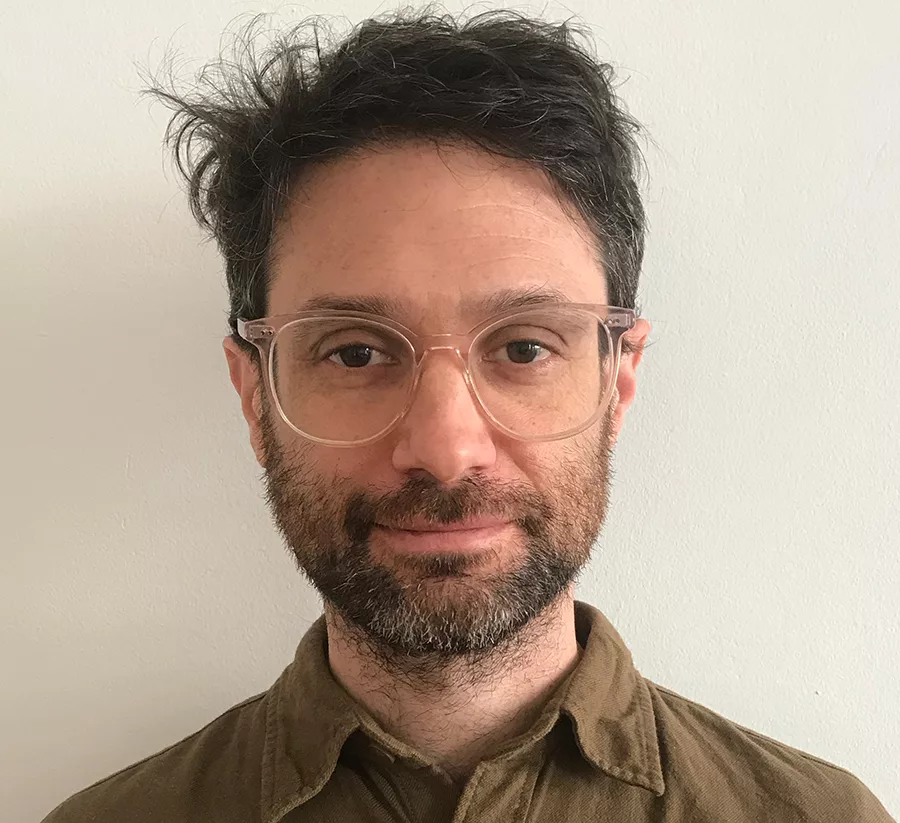Rama Gottfried

© privat
Rama Gottfried (*1977 in New York) aims to increase our sensitivity to the web of relations that connect humans and the other animate and inanimate entities that surround us. His pieces are conceived as scenographic worlds–bodies with voices that move and interact in physical and immaterial environments, constructed from the medias of acoustic and electronic instrumental performance, puppet-, object-, material-theater, live-cinema, and the site-specific performance context. Brought to life through the collaborative actions of human and nonhuman performers, the works attempt to absorb the audience and physical space, subtly expanding our awareness of detail.
Rama Gottfried grew up in Burlington, Vermont, where he began instrumental and electronic music training at an early age, attending Bread and Puppet Theater performances and developing a visual art practice before shifting focus to music performance and composition. After moving to New York City in 2001, he joined Ensemble Pamplemousse, collaborating with the group from 2003–2013 finding new approaches to the merging of sound, installation, and performance arts.
During his PhD studies at the University of California, Berkeley, Rama studied composition with Franck Bedrossian and computer music with David Wessel at the Center for New Music and Audio Technologies (CNMAT). Previously, he completed studies at New York University, Manhattan School of Music, and Universität der Künste Berlin, where he studied with Walter Zimmermann.
Rama’s works have been featured at Lincoln Center’s Mostly Mozart Festival, MaerzMusik, SPOR, Bludenzer Tage zeitgemäßer Musik, MATA, Klangwerkstatt, rainy days, and Ultima festivals, among others, and he has created sound installations for the Berliner Congress Center, Complice, Mino Washi Paper Museum, Stadtbad-Wedding, and the Pacific Basin Building.
After moving back to Berlin in 2017, Rama was appointed Professor of Contemporary Computer Music Practice at the Zürcher Hochschule der Künste (ZHdK) in 2022, where he is now teaching and pursuing interdisciplinary art and technology research at the Institute for Computer Music and Sound Technologies (ICST).